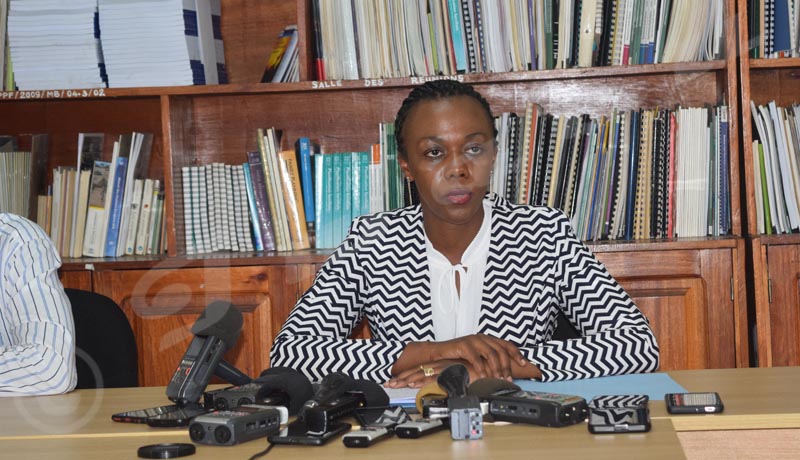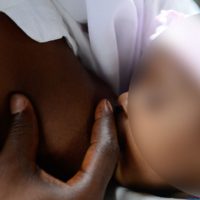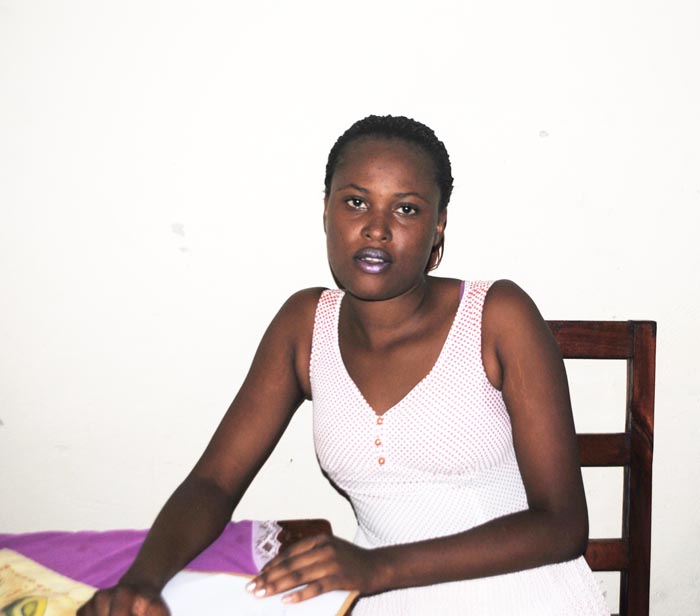Donavine Uwimana, Director of the Burundian Association for Family Welfare-ABUBEF says cervical cancer is a reality in Burundi and contributes to preventable maternal mortality.

Donavine Uwimana: “Women have difficulty accessing information and services regarding cervical cancer”
“Cervical cancer is one of the fairly common gynecological cancers but it can be prevented by vaccination and screening,” she says adding that in more than 70% of cases, cervical cancer is linked to a sexually transmitted viral infection that is very common among women.
During a three day campaign organized by the Burundian Association for Family Welfare-ABUBEF from 18 to 20 March, out of 162 women screened, one had precancerous lesions that were treated and another had suspicious lesions for cervical cancer.
In 2019, a similar campaign was organized. Out of 537 women aged between 25 and 50 were screened. “Twenty-five women had precancerous lesions,” says Uwimana.
She also says ABUBEF often organizes free screening of cervical cancer for women as they have difficulty accessing information and services regarding the disease.
Ms. Uwimana also says the majority of women decide to consult health workers when they notice the first symptoms like bleeding or feeling pain when they have sex.
“It infects the cervix permanently and the proven cancer is more difficult to treat and ends up killing the woman in most cases,” she says.
ABUBEF Director calls on women aged between 25 and 50 to do regular lesion screening which is the best way to fight against this cancer.
“Women must bear in mind that vaccination and treatment are limited in Burundi,” says Ms Uwimana.
She calls on the government to make available specialists who treat cancer in the country. “Cancer treatment is very expensive abroad and there is no insurance company which covers this illness,” she says.
According to WHO, the cervical cancer is the fourth most frequent cancer in women with an estimated 570,000 new cases in 2018 representing 6.6% of all female cancers.

















 IWACU Open Data
IWACU Open Data

